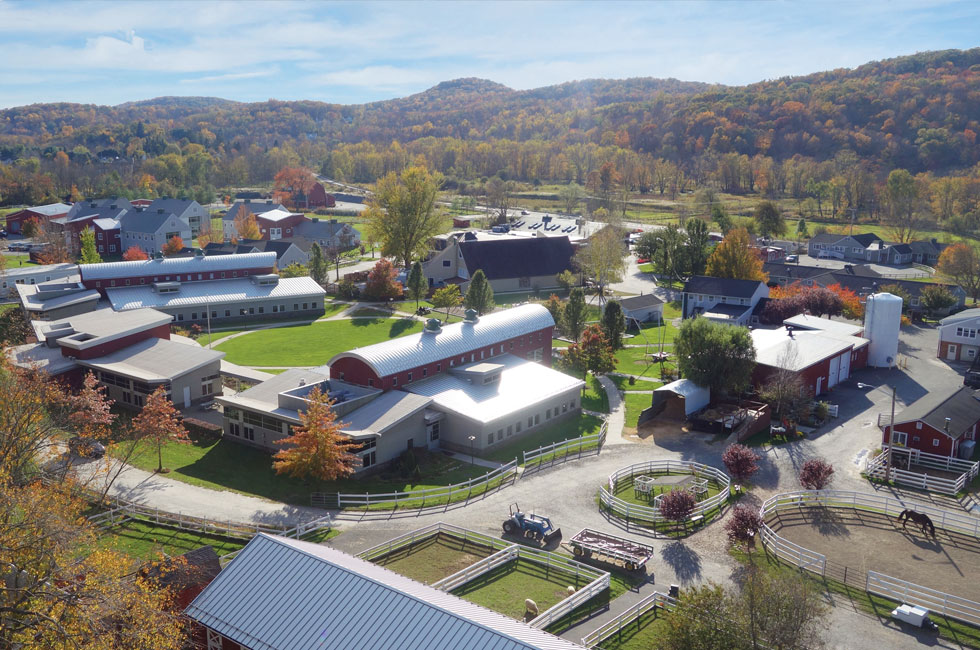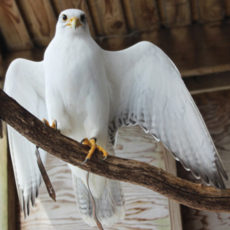Announcements


While the COVID-19 pandemic has created substantial challenges for both Green Chimneys and the University of Denver-based research team, the portfolio of research projects has proceeded with data that had been collected concurrently with content for the recently published “Documentation of Nature-Based Programs.” The result is several qualitative studies on the perceptions of Green Chimneys staff and practitioners in the integration and impact of nature-based activities on participating youth.
The first in this series of studies focused on describing the essence and nature of special education teachers’ lived experiences in incorporating nature-based interventions as a tool to improve youth social-emotional learning outcomes and promote positive youth development. “Human-Animal-Environment Interactions as a Context for Child and Adolescent Growth” indicates that almost universally, teaching staff perceive nature-based interventions to effect marked improvement in:
Recently published in “Complementary Therapies in Clinical Practice” a second qualitative study asked farm staff to describe how they’ve seen youth be impacted by nature-based programs, particularly in shaping outcomes related to their development and well-being. Staff shared that youth interactions with plants, animals, and nature improved mood, strengthened relations, self-regulation, and self-conception.
The third study in the series, conducted with Green Chimneys clinicians, appears in “Journal of Child and Adolescent Social Work” and features clinical perspectives on how animal-assisted therapy impacts youth. View all articles published to date

Crowned the best for falconry in medieval times, gyrfalcons were once reserved for kings. As the largest falcon in the world, with exquisite plumage ranging from bright white to deep charcoal, gyrs are revered for their powerful skill of flight. Their long wings make hunting waterfowl from 3,000-feet-high a feasible and fantastical feat. This falcon was flown in the sport of falconry for several years.